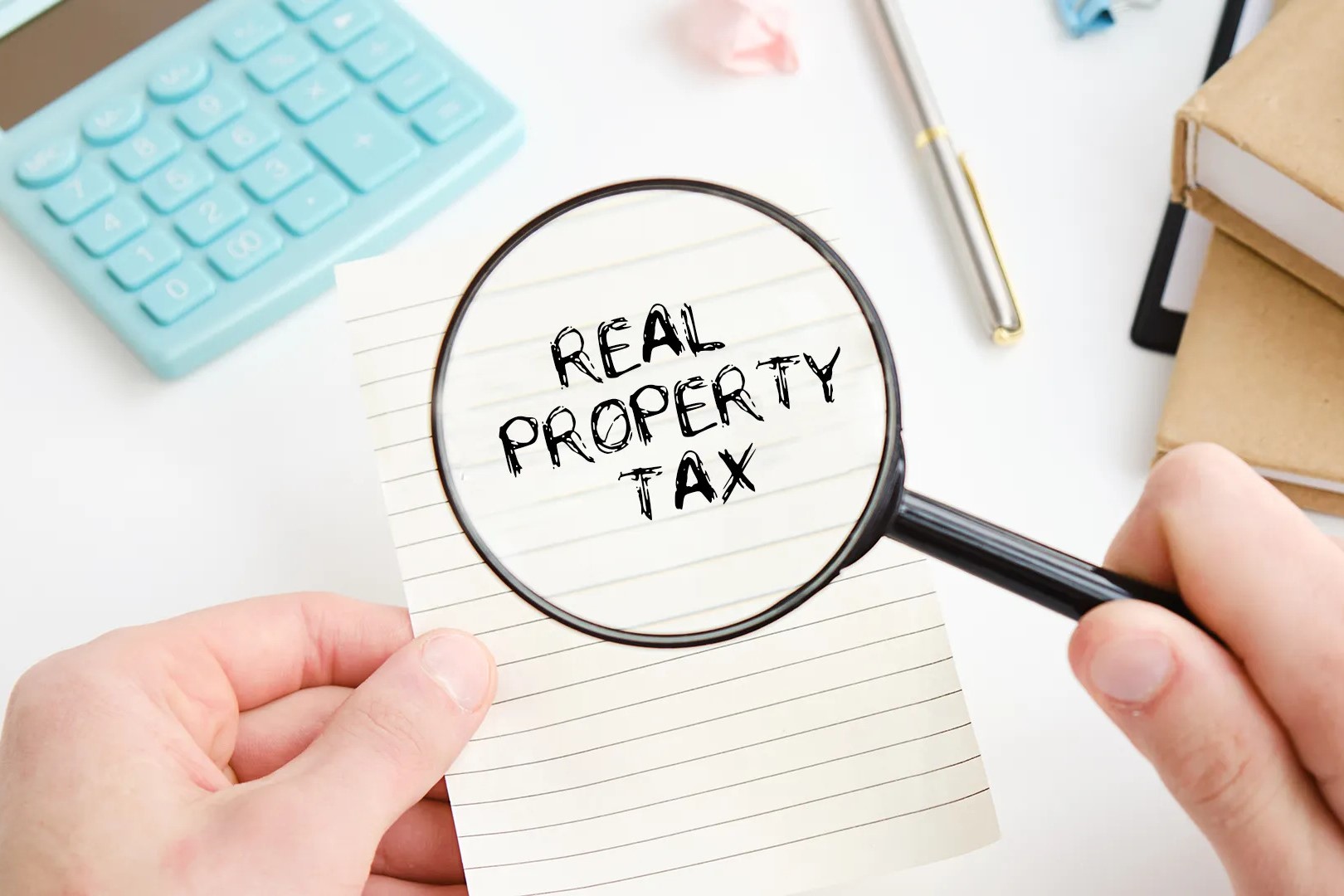
Protecting Property Rights: Part I
- Insights, Legal and Regulatory
- January 11, 2024
In the Philippines, one of the common disputes involving real estate properties is the issue of unlawful possession or occupation by individuals who are not entitled to occupy the land. This situation often leads to the filing of an ejectment case, which is a legal remedy to recover possession of the property. In this blog, we will delve into the key aspects of ejectment cases in the Philippines, their types, procedures, and the rights and responsibilities of both parties involved.
What is an Ejectment Case?
An ejectment case, also known as a “forcible entry” or “unlawful detainer” case, is a legal process aimed at resolving disputes concerning the possession or occupation of real property. These cases usually arise when someone is occupying the property without the legal right to do so, and the rightful owner or possessor wants to reclaim it.
What is the sole issue to be resolved in ejectment cases?
The sole issue for resolution in an ejectment case relates to the physical or material possession of the property involved, independent of the claim of ownership by any of the parties [1].
Can the court pass upon the issue of ownership in an ejectment case?
Where both parties to an ejectment case raise the issue of ownership, the courts may pass upon that issue to determine who between the parties has the better right to possess the property. The adjudication of the issue of ownership is only provisional, and not a bar to an action between the same parties involving title to the property [2].
What are the two types of ejectment cases?
Forcible Entry and Unlawful Detainer.
What is Forcible Entry?
Forcible entry cases arise when someone unlawfully takes possession of the property through Force, intimidation, threat, strategy, or stealth.
What must be alleged and proved in a forcible entry case?
- Prior physical possession of the property; and
- Unlawful deprivation of it by the defendant through force, intimidation, strategy, threat, or stealth [3].
What is Unlawful Detainer?
An unlawful detainer case applies when a tenant or occupant remains in the property even after the expiration of their lease or after a demand to vacate is made by the owner. In this case, the defendant’s stay on the property is unlawful, and the owner seeks their immediate eviction.
What must be alleged and proved in an unlawful detainer case?
- the defendant’s initial possession of the property was lawful, either by contract with or by tolerance of the plaintiff;
- eventually, such possession became illegal upon the plaintiff’s notice to the defendant of the termination of the latter’s right of possession;
- thereafter, the defendant remained in possession and deprived the plaintiff of the enjoyment of the property; and
- the plaintiff instituted the complaint for ejectment within one (1) year from the last demand to vacate the property.
What is the prescription period in filing an ejectment case?
For forcible entry, its prescription is one (1) year from dispossession (force, intimidation, threats) or from knowledge of dispossession (strategy, stealth) [4].
For unlawful detainer, its prescription of action is one (1) year from last notice to vacate [5].
Where to file an ejectment case?
In Metropolitan Trial Court (MeTC), Municipal Trial Court (MTC), or Municipal Circuit Trial Court (MCTC) has jurisdiction over the location of the property subject to the case [6].
Disclaimer: The information provided in this blog post is for informational purposes only and should not be considered legal advice. For specific legal advice related to your situation, it is recommended to consult with a licensed attorney.
References
-
Dizon v. CA, 332 Phil. 429, 432 1996.
-
Section 16, Rule 70 of the Rules of Court.
-
Bejar v. Caluag, G.R. No. 171277, February 15, 2007.
-
Section 1, Rule 70 of the Rules of Court.
-
Ibid.
-
Section 1(1), Revised Rules on Summary Procedure.
Our Latest Blogs
- Insights

Understanding Real Property Taxation (RPT)
A real estate tax is a direct tax on the ownership of lands and building or other improvements thereon, not especially exempted, and is payable regardless of whether the property is used or not, although the value may vary in accordance with such factor. It is a fixed proportion of the assessed value of the property taxed, and requires, therefore, the intervention of assessors. It is

Reconstitution: Restoring Lost or Destroyed Land Titles
Owning a piece of land is a dream for many individuals and families in the Philippines. It represents security, stability, and a tangible asset that can be passed down to future generations. However, the unfortunate reality is that land title documents can sometimes be lost or damaged due to unforeseen circumstances, leaving landowners in a state of uncertainty. This is where the

Titling Unregistered Lands
The Philippines is a country blessed with diverse and abundant natural resources, including land. Properly securing land ownership is essential for individuals, families, and businesses alike. Land titling is the legal process by which ownership of a piece of land is established and officially recognized by the government. What are the benefits of a titled land? Land title provides legal proof of ownership, ensuring that the landowner’s
